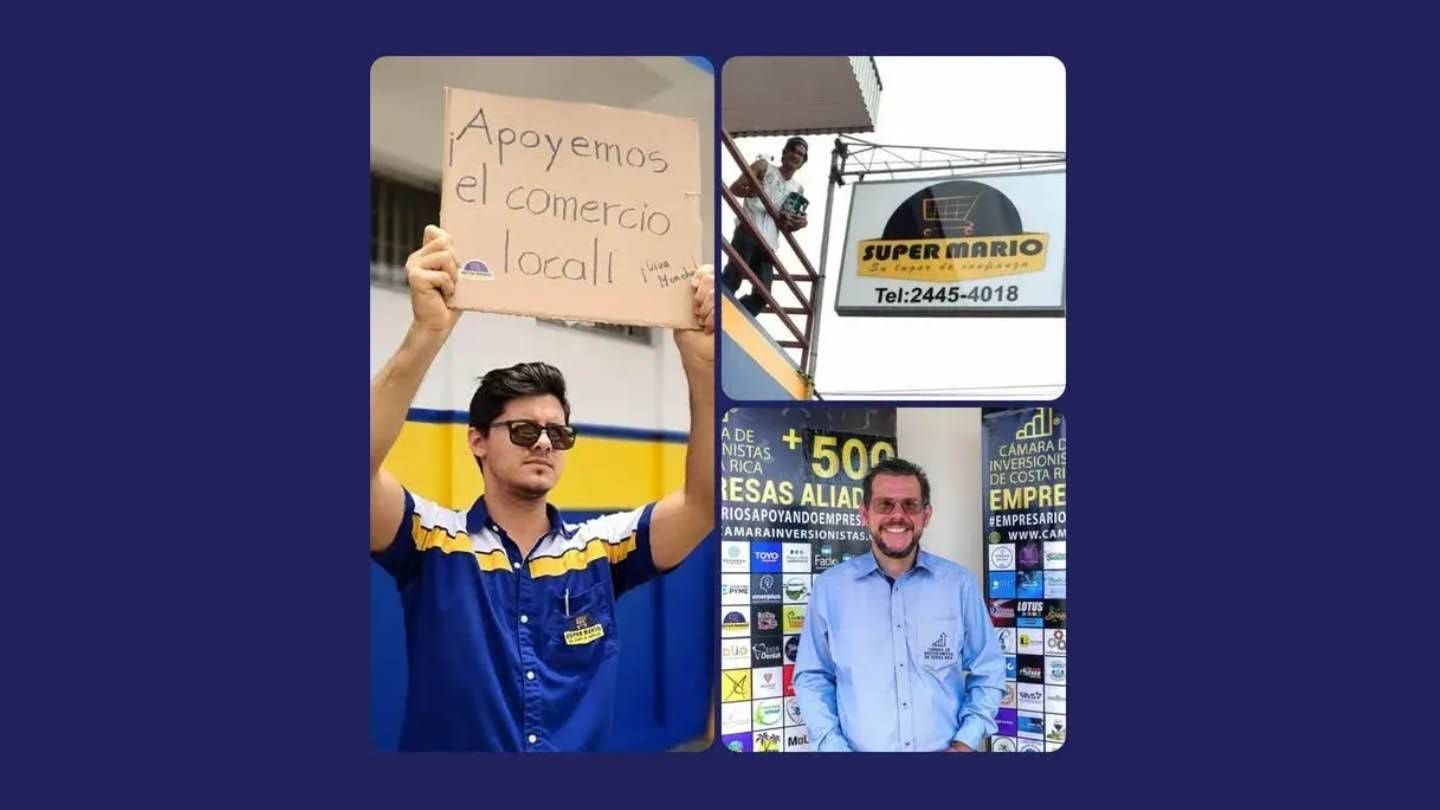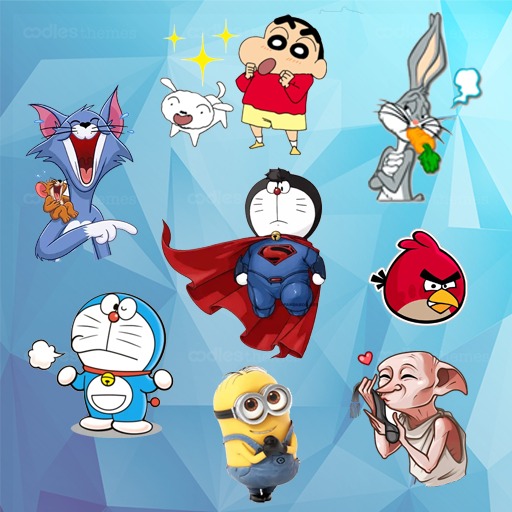In an unexpected twist in the world of trademark law, Nintendo has faced a setback in a legal battle against a small supermarket in Costa Rica over the use of the name "Super Mario." The store, aptly named "Súper Mario," successfully defended its trademark in court by proving that the name was derived from its business type (a supermarket) and the first name of its manager, Mario.
The conflict arose when Charito, the son of the supermarket's owner, registered the "Super Mario" trademark in 2013 following his university graduation. The issue resurfaced when the trademark was up for renewal in 2024, prompting Nintendo to challenge it, asserting that it infringed upon their globally renowned Super Mario brand, which is intrinsically linked to their iconic video game character.
 Image: x.com
Image: x.com
However, the legal team representing the supermarket, spearheaded by advisor and accountant Jose Edgardo Jimenez Blanco, effectively argued that the name was not an attempt to capitalize on Nintendo’s intellectual property. They convincingly showed that the name was a clear reference to the store's identity as a supermarket and the manager's name, Mario.
"I am truly thankful to my accountant and legal advisor, Jose Edgardo Jimenez Blanco, who expertly managed the registration and the subsequent trademark battle," Charito expressed, conveying his gratitude and relief. "We were on the brink of giving up. How could we possibly stand up to such a colossal corporate entity? But Edgardo and I refused to back down, and we received some uplifting news just a few days ago. 'Súper Mario' will continue to thrive."
In numerous countries, Nintendo holds exclusive rights to the Super Mario trademark across a variety of products, including video games, apparel, and toys. However, the company did not anticipate a scenario where a local business would legitimately use the name for justifiable reasons.
This case underscores the intricacies of trademark disputes, particularly when global giants like Nintendo confront small businesses with legitimate claims to a name. It also serves as a poignant reminder that even the biggest names in industry can face legal hurdles in safeguarding their intellectual property.





![NULL [Remastered]](https://imgs.39man.com/uploads/71/1719651062667fcaf6c483b.png)









